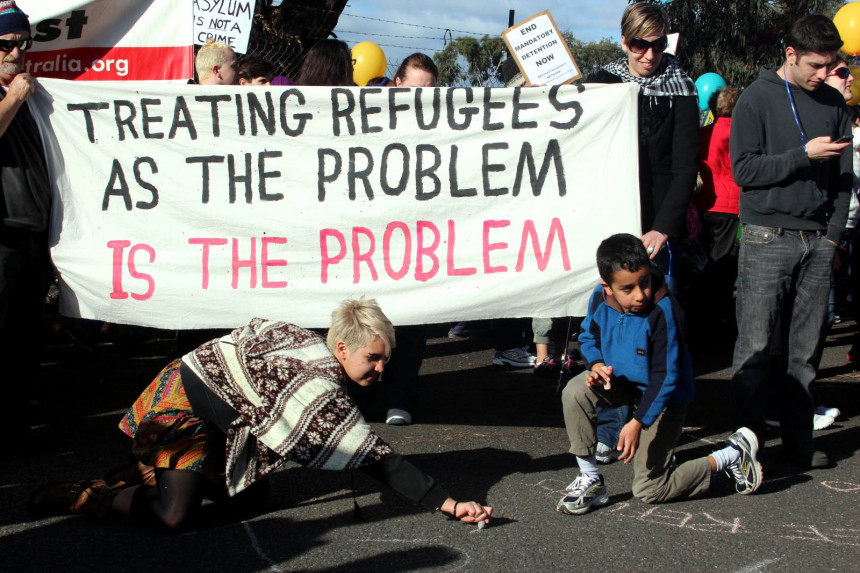
Of the 15 countries in the world that received and approved the most asylum applications -a procedure by which an individual acquires refugee status or some other form of international protection when there is a risk to his person in his country of origin- between 2008 and 2012, nine were European. The following are noteworthy for the total number of approvals: Germany, France, Sweden, United Kingdom, Belgium, Italy and Austria. To give an idea of the dimension of asylum seekers in Europe: in 2012, the German authorities received more than 60,000 asylum applications, while the US, with triple the European population, in the same period received more than 80,000 applications.
The upward trend in asylum in Europe began as early as 2011. There has also been an increase in approvals, though not in equal measure. The war in Syria and the situation in countries like Afghanistan and in areas such as the Horn of Africa, largely conditions this phenomenon for which the EU does not seem to have a plan to meet the challenge. Not all European countries are equally receptive when approving applications for asylum that are submitted to their authorities. In the following list of countries are sorted -in descending order- based on the highest percentage of applications processed in 2012 that were accepted.
Sweden
Sweden is the EU country with more asylum approvals per capita: 12,400 asylum applications approved in the first instance in 2012. In that year, the authorities announced 31,520 requests. The main nationalities who applied in Sweden over the past year were, in order, Syrians, Somalis and Afghans.
Compared to the more than 25,000 applications filed in Sweden in 2011, there were just over 40,000 in 2012. In part, this trend has been driven because in recent months the number of Syrians requests has increased considerably after the Swedish Government's announcement that it would grant permanent residence to refugees from this Arab country.
Not everyone in the Nordic country likes he Swedish migration model, which and has repeatedly become thefocus of political debate. Note that neither the exemplary -in many ways- Swedish democracy has been spared from the populism of recent years. In the 2010 parliamentary elections, the xenophobic -and Europhobic- Swedish Democrat party first entered Parliament on obtaining 20 seats. The Swedish social model -exemplary in many ways- has been reduced in recent years with liberalising measures that seem to have affected the lower classes. In particular, the immigrant population is not easy to integrate into Swedish society. A few months ago, in several Stockholm neighbourhoods mainly inhabited by immigrants, serious disturbances occurred during several consecutive days. A wake-up call.
Italy







